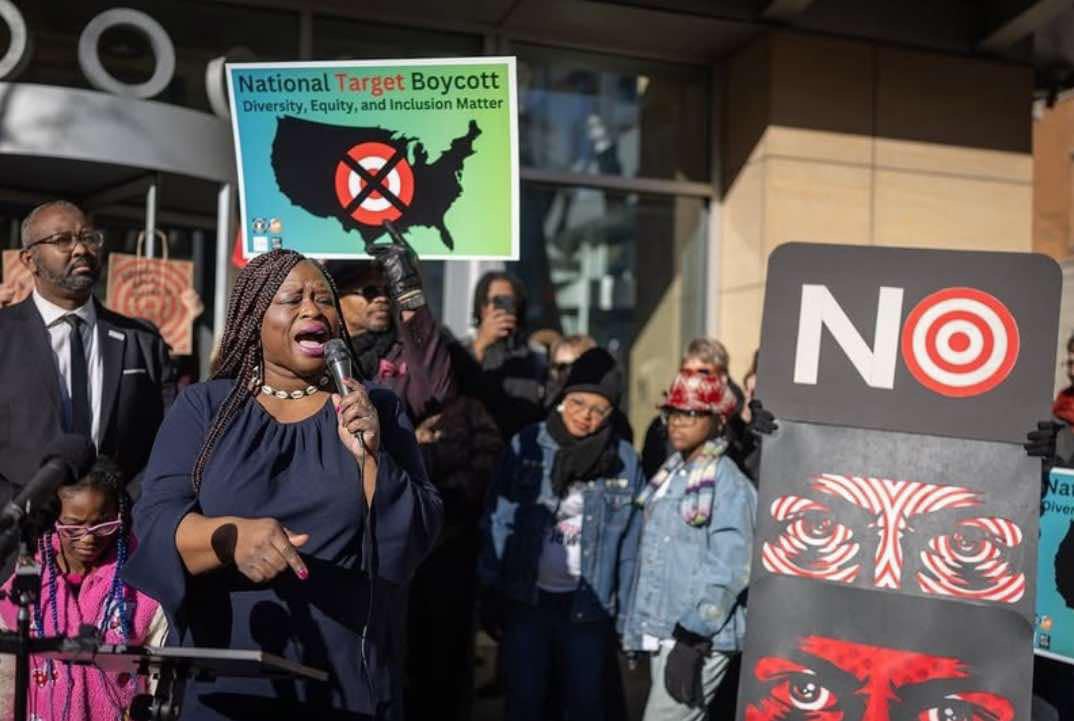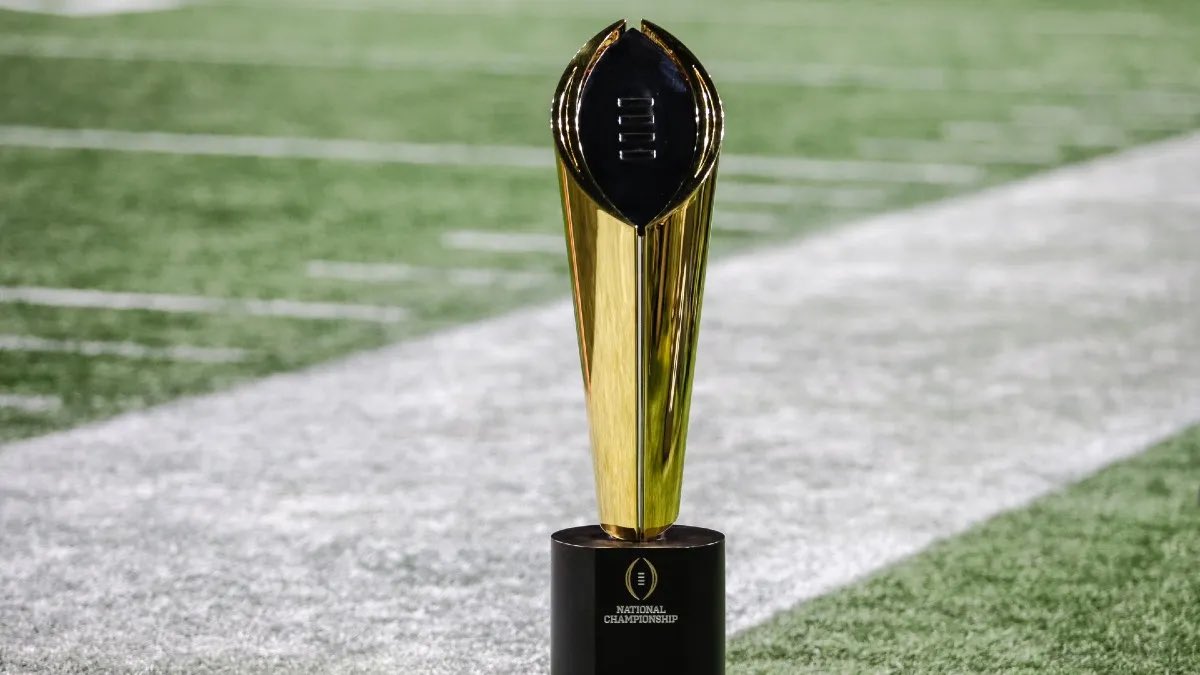On Jan. 20, President Trump ordered a crackdown on diversity, equity and inclusion (DEI) programs in the workplace. This caused companies across the U.S. to abandon their own DEI initiatives in an effort to avoid federal retribution. The sudden program closures have prompted consumers to question their support for many companies — or boycott them altogether.
DEI programs, which aim to create diverse and equitable workplaces, have roots in the Civil Rights Movement. These programs often include employee diversity training and hiring practices prioritizing workplace diversity.
On the day of his inauguration, Trump signed an executive order to end what he called “radical and wasteful government DEI programs and preferencing.” Since then, many large companies, including Target, Walmart, Amazon and McDonald’s, have rolled back their diversity initiatives.
A 2025 YouGov poll found that 48% of Americans view DEI programs favorably, while 29% hold an unfavorable opinion toward them. Similarly, a November 2024 Pew Research Center poll found that a majority, 52%, of American workers say DEI focus in the workplace is good. However, the number of workers saying that the policies’ presence in work is bad increased from 16% in a February 2023 poll to 21% in the most recent poll.
As the federal government threatens to investigate companies with DEI initiatives, some businesses have publicly committed to upholding their diversity policies. In January, both Costco and Apple rejected proposals from a conservative think tank urging them to reconsider their DEI efforts. Costco’s board of directors defended its stance, stating that a workplace “rooted in respect and inclusion is appropriate and necessary.”
Opponents of companies rescinding their diversity efforts call for nationwide boycotts, with Target facing some of the most backlash.
Minnesotan civil rights attorney Nekima Levy Armstrong said that by rolling back its DEI programs, Target has “shown its true face” and is “putting profits and politics over people.” Armstrong also encouraged shoppers to boycott Target indefinitely starting Feb. 1, the first day of Black History Month.
The hashtag #BoycottTarget has trended multiple times on X, alongside calls to boycott Meta, Tesla, Google and other companies scaling back their DEI initiatives. Supporters of the boycott have also encouraged consumers to shop at Costco, and other retailers have committed to diversity efforts.
Eileen Force Cahill, a Milwaukee consumer and former Amazon shopper, has cut ties with companies that do not maintain DEI programs while searching for ways to support those that do.
“I canceled Prime and also logged out on my phone for Amazon,” Force Cahill said. “I had already quit The Post. For Target, I canceled the card and deleted the app. I have an app called MKE Black that helps you find Black-owned businesses to buy things from, including gas.”
The financial impact of these boycotts will likely become clearer in the coming weeks, but early signs indicate significant losses for some companies. Target’s stock decreased nine percent in the month following Trump’s inauguration, while Costco’s stock increased 10% over the same period. Target is also facing a lawsuit from its shareholders for concealing the risks of potential boycotts stemming from the company’s removal of its DEI programs.
According to a 2025 Axios poll, the boycotts appear to be a widespread effort from consumers nationwide rather than only a small subset of the population. Thirty-eight percent of Americans said they recently stopped buying from companies with differing political views, with over 40% of Black and Hispanic Americans, Democrats and Gen Z saying they have.
The People’s Union, a grassroots organization that seeks to combat corruption and corporate control, has called for a “Nationwide Economic Blackout” to protest companies rolling back DEI initiatives, Feb. 28. The blackout will target Amazon, Walmart and Best Buy. Still, organizers are also calling on consumers to refrain from making any purchases that day and buy necessities from small businesses if necessary.

















